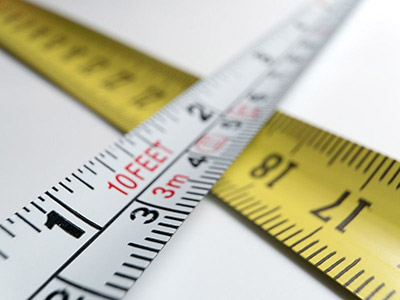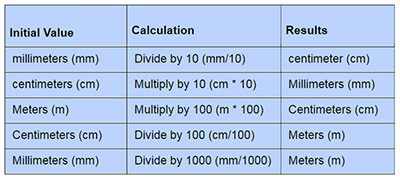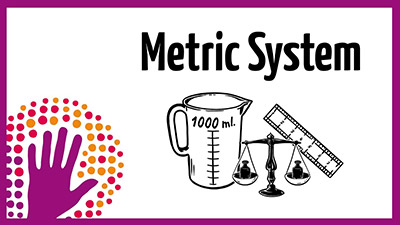While there are different measurement systems and each one of them has their own fans, there is no question that the metric system is the one that has more fans. However, it is important to keep in mind that all measurement systems have their own pros and cons.

So, let’s take a closer look at the metric system.
Pros Of The Metric System
#1: Decimal:
One of the best things about the metric system is that all the metric units can be easily converted between each other by moving the decimal places. Just think about the conversion from meter to millimeter. All you need to do it to move the decimal.
Discover how to easily convert 8 oz to ml.
#2: Prefixed Naming Convention:
Another great advantage of the metric system is the fact that all metric units are related to each other by using simple prefixes. For example, when a unit begins with a kilo, you know that it is in multiple of 1000 of the base unit.
#3: Precise Whole Units:

One of the main advantages of using the metric system is precision. After all, when you believe that grams are not enough in terms of precision, you can always use milligrams, for example.
#4: Simplicity:
The metric system is incredibly system and you are even encouraged to use as few units as possible to ensure that everyone can understand what you are doing and to make it simpler to the person doing it.
Convert fluid ounces to milliliters.
Cons Of The Metric System

#1: One Size Doesn’t Fit All:
When you take a closer look at the metric system, you can easily understand it as it is simple and logical. However, when you are trying to apply the metric system to the everyday use, you may encounter some difficulties.
Just think of the times when you are at the supermarket and you are weighing your carrots, for example. If you use the metric system, you will easily and quickly discover that these measurements can be either too small or too big.
So, when you are thinking about weighing your carrots to make soup, for example, and you use the metric system due to its simplicity, you will only use the grams or kilograms. However, a gram is too tiny while a kilogram may be too much. Just to put things into perspective, a gram is almost 1/4 teaspoon of sugar and 1 kilogram is near 2 bags of sugar. As you can see, there is a big jump between the two.
Check out how to make the oz to ml conversion.
#2: Arbitrary Scale:
While the origins of traditional units of measurement are based on things we can relate to on a human scale, like a thumb, foot, cup, stone etc; metric units are on much more of a scientific scale. For example, the definition of a meter is the length of the path traveled by light in a vacuum in 1⁄299 792 458 of a second. All other units of length (and by extension area and volume) are based off this definition of a meter. The disadvantage here is that, while this is great in scientific and technical areas where you have measuring equipment, the derived units are not immediately relative to anything useful on a human scale. I’m talking particularly about the smaller units here, centimeter and millimeter.